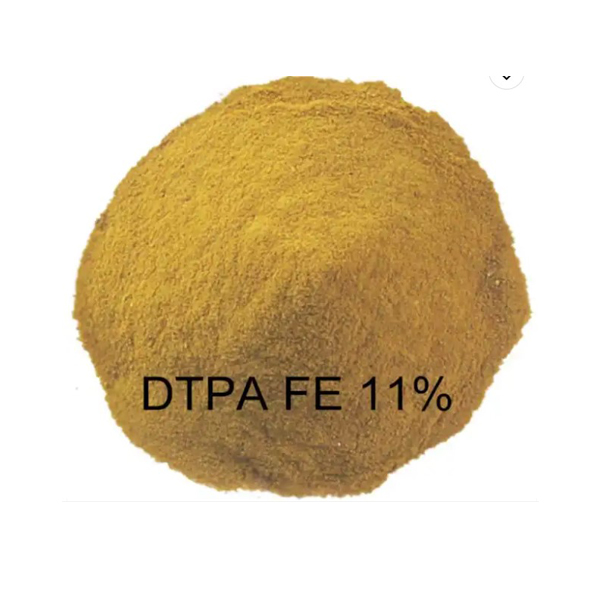
News
Sep . 06, 2024 15:45 Back to list
High Quality Protein
High-Quality Protein as a Polymer of Amino Acids
Proteins are essential macromolecules that play a crucial role in the biological functions of living organisms. Composed of long chains of amino acids, they serve as the building blocks of tissues, facilitate biochemical reactions, and perform a myriad of other vital functions. High-quality proteins, characterized by their complete amino acid profiles, are instrumental in supporting growth, development, and overall health.
Proteins are polymers formed through the polymerization of amino acids, which are organic compounds containing both an amine group and a carboxylic acid group. There are 20 different amino acids that can be combined in various sequences to create a vast array of proteins. The specific sequence of amino acids in a protein determines its unique three-dimensional structure and function. For instance, enzymes, which are proteins that catalyze biochemical reactions, rely on their intricate structures to effectively bind substrates and facilitate reactions.
High-quality proteins, often found in animal sources like meat, dairy, and eggs, contain all nine essential amino acids that the human body cannot synthesize. In contrast, many plant proteins are considered lower quality because they may lack one or more essential amino acids. However, by combining different plant sources, such as beans and rice, individuals can obtain a complete amino acid profile. This highlights the importance of dietary diversity in achieving optimal health.
high quality protein as a polymer of amino acid

One of the primary roles of high-quality protein in the body is to support muscle growth and repair. This is particularly important for athletes and active individuals, as protein intake is directly linked to muscle protein synthesis and overall physical performance. Furthermore, proteins are integral to the immune system, as antibodies are proteins that help defend against pathogens, promoting overall health.
In addition to structural and functional roles, proteins are vital in metabolic processes. They serve as enzymes, hormones, and transport molecules, facilitating communication and coordination among cells. For instance, insulin, a protein hormone, regulates blood sugar levels, while hemoglobin transports oxygen throughout the body.
In conclusion, high-quality proteins, as polymers of amino acids, are fundamental to life. Their diverse functions underscore the importance of consuming adequate amounts of protein in our diets for optimal health and wellness. Whether sourced from animals or plants, ensuring a balanced intake of amino acids can lead to improved performance, immune function, and overall vitality. Therefore, understanding and prioritizing high-quality proteins in our nutrition is essential for maintaining a healthy lifestyle.
-
Polyaspartic Acid Salts in Agricultural Fertilizers: A Sustainable Solution
NewsJul.21,2025
-
OEM Chelating Agent Preservative Supplier & Manufacturer High-Quality Customized Solutions
NewsJul.08,2025
-
OEM Potassium Chelating Agent Manufacturer - Custom Potassium Oxalate & Citrate Solutions
NewsJul.08,2025
-
OEM Pentasodium DTPA Chelating Agent Supplier & Manufacturer High Purity & Cost-Effective Solutions
NewsJul.08,2025
-
High-Efficiency Chelated Trace Elements Fertilizer Bulk Supplier & Manufacturer Quotes
NewsJul.07,2025
-
High Quality K Formation for a Chelating Agent – Reliable Manufacturer & Supplier
NewsJul.07,2025
